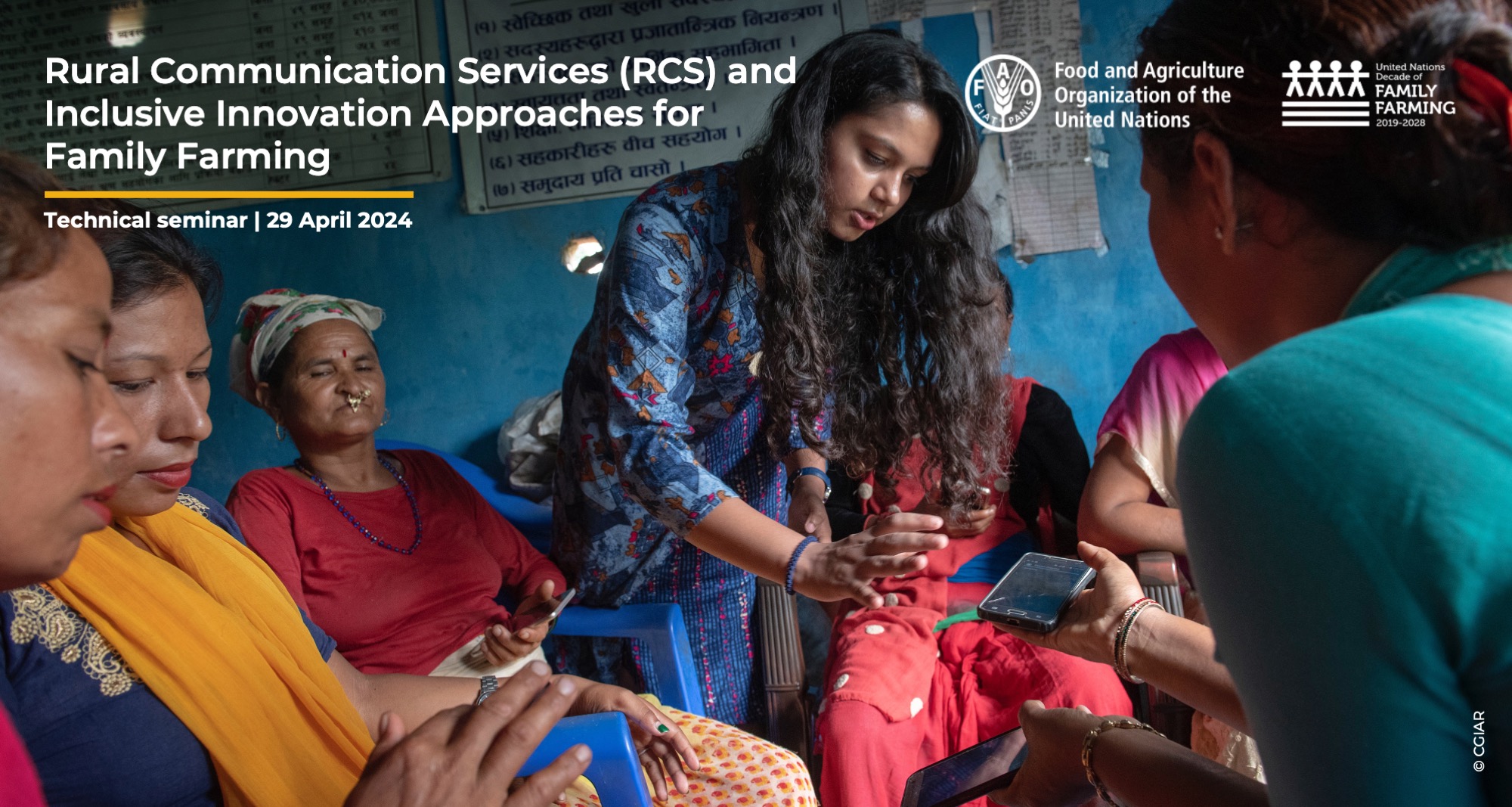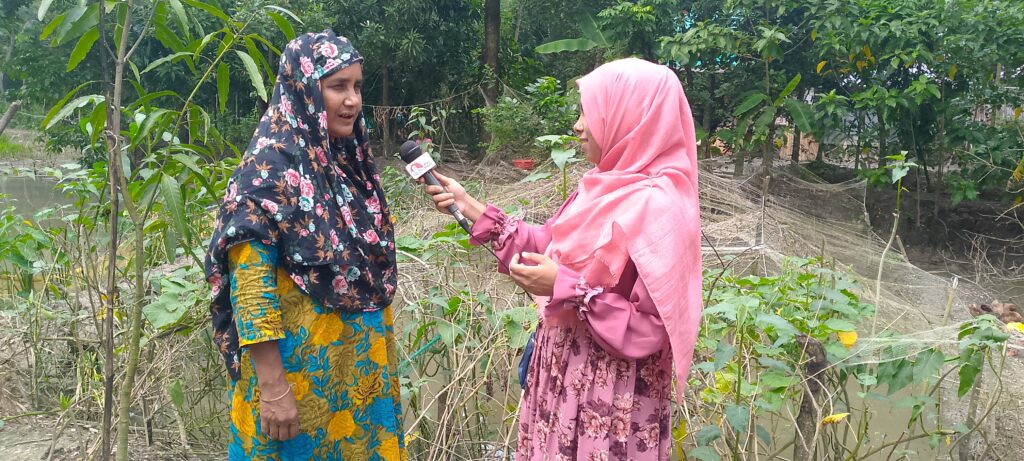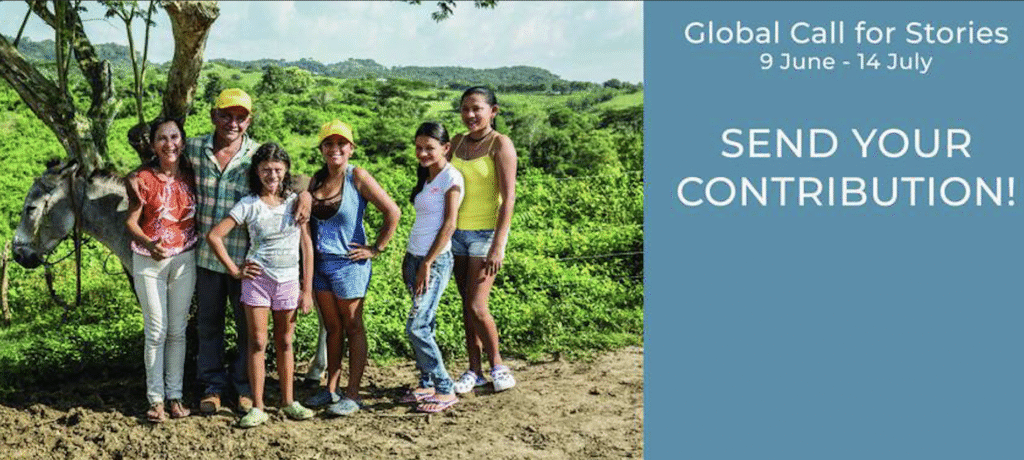
RCS: Trends and Experiences in Asia and the Pacific
Family farmers play a key role in supporting food security, ensuring sustainable livelihoods, achieving gender equity, and creating a more resilient global community – all essential elements of the Sustainable Development Goals (SDGs). The likelihood of successfully achieving these goals is significantly enhanced when family farmers are engaged as strategic partners. Family farmers have been recognized as “pivotal in rendering agri-food systems more inclusive, sustainable, resilient and efficient”. This is not only because the sector produces more than 80 percent of the world’s food and employs 30 percent of the world’s population (FAO, 2014), but also because family farmers are important “custodians of biodiversity, landscapes and cultural heritage” (Blondeau and Korzenszky, 2022, p. 2).
Communications, employing a range of methods, media, channels and approaches, plays a significant role in supporting family farming and achieving the SDGs. Locally driven communications that involve family farmers and various rural development actors can create unique spaces for these farmers and their organizations to be heard, informed and supported in addressing relevant issues. Indeed, when embedded in a Communication for Development (ComDev) approach that focuses on results, dialogue and participation, communication initiatives can serve as a transformative tool in the rural agricultural sector.
This study is part of a series examining rural communication services (RCS) and their role in rural transformation and family farming. Each study focuses on a specific region, and this document looks at experiences, trends and needs in Asia and the Pacific.
Download a copy here.



